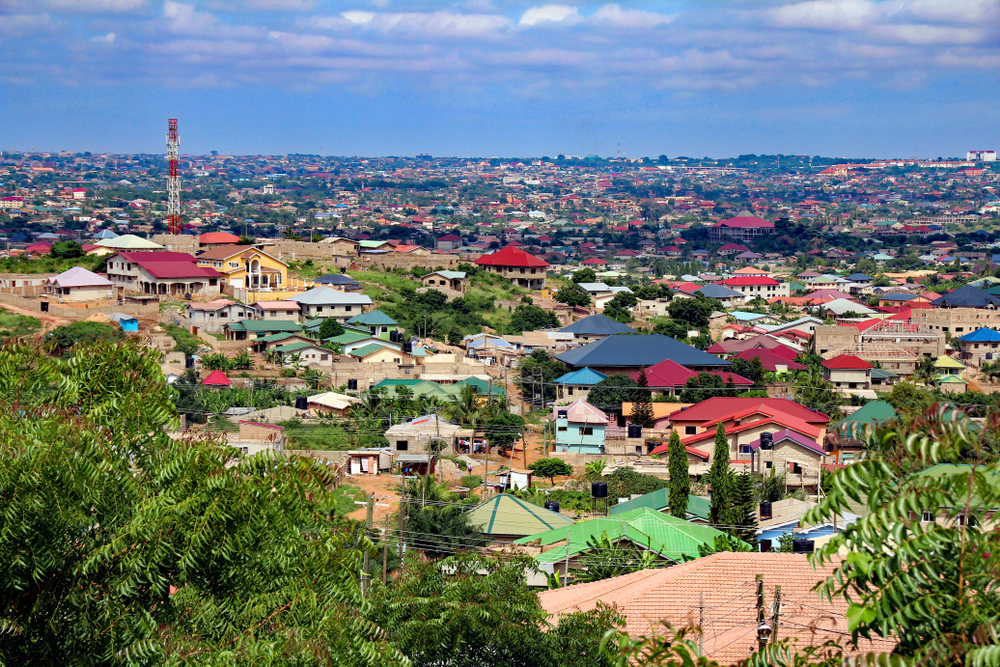Now It’s Illegal to Identify as LGBTQ+ in Ghana.
Others are reading now
Ghana’s legislative body has recently ratified a stringent bill, criminalizing the act of identifying as LGBTQ+ with up to three years of imprisonment for those convicted. Additionally, the legislation stipulates a maximum sentence of five years for the establishment or financial support of LGBTQ+ organizations.
According to CBS, during the parliamentary debate, proposals to substitute prison terms with community service and counseling were vocally opposed and ultimately dismissed.
This move marks a significant escalation in the conservative West African nation’s stance against LGBTQ+ rights, reflecting a broader trend of growing opposition within the country.
Also read
The legislation, receiving endorsement from Ghana’s principal political factions, awaits the signature of President Nana Akufo-Addo to become law. The president has previously stated his willingness to sign the bill should it reflect the majority’s will.
In Ghana, homosexual relations are already illegal, with convictions leading to up to three years in prison.
Amnesty International, last month, expressed concerns that the bill “poses significant threats to the fundamental rights and freedoms” of LGBTQ+ individuals. Activists are alarmed over potential witch-hunts targeting the LGBTQ+ community and their advocates, forcing some into hiding.
The bill also proposes a harsh penalty of up to ten years for those engaging in LGBTQ+ advocacy directed at minors and encourages public reporting of LGBTQ+ individuals for “necessary action”.
The introduction of this bill was partially motivated by the establishment of Ghana’s inaugural LGBTQ+ community center in Accra in January 2021, which faced closure due to public protests and pressure from religious and traditional leaders in the predominantly Christian nation. Religious groups have publicly condemned LGBTQ+ identities as foreign to Ghanaian culture and values.
The version of the bill passed by lawmakers has been moderated from its initial draft, with reduced prison terms and the removal of a clause on conversion therapy.
During the extensive parliamentary debate, Alexander Afenyo-Markin, the deputy leader of the governing party, proposed amendments for a secret ballot to determine whether convicted LGBTQ+ individuals should face imprisonment or be subjected to community service and counseling. However, his suggestions were overwhelmed by the majority favoring incarceration.


